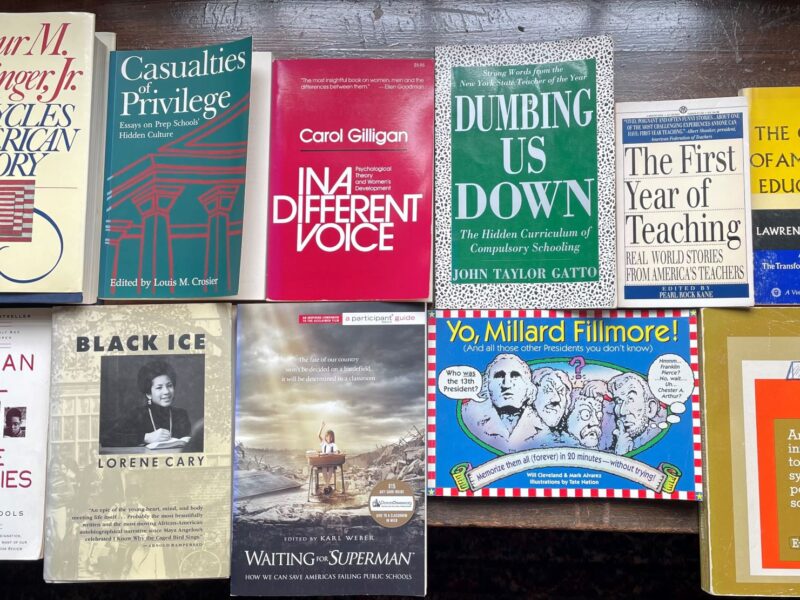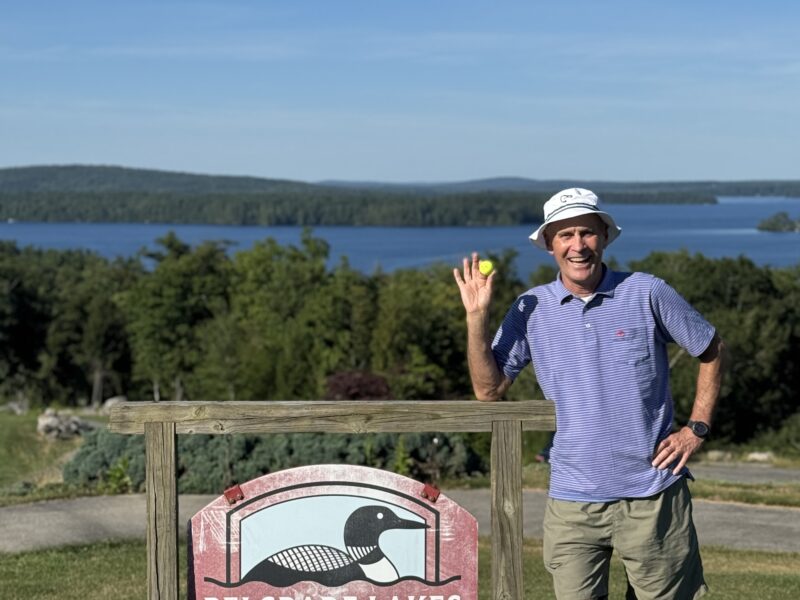“Children have never been very good at listening to their elders, but they never fail to imitate them.” James Baldwin, American Author (1924-87)
Of Novels and Harmonicas
The essence of Rule #5 is simple claim: If you want your child to be a life-long learner, you might do well to commit to being one yourself. In my case, shortly after my first child headed off to college, I picked up the harmonica. I had long been fascinated by the instrument and especially by the great blues men. I had even picked it up a few times before, only to put it back down in fairly short order. This time I stayed with it until I was able to pass for competent in some blues jam sessions whereupon I was forever hooked. I’ll never forget that feeling when a stranger came up to me and said, “Yo, you blow a mean harp, man.” (Hey, I suspect he did not realize that my repertoire included a simple alternation between two notes, and two notes only, but the compliment still felt great!) This new avocation, in turn, led me to another as an amateur collector of books on jazz and popular music.
I don’t how impressed my children are by the fact that their old man has picked up the harmonica, and I certainly didn’t start playing it to impress them, but I see it as a good thing for all concerned. Looking back, I recall that my father picked up golf in his mid-forties, right around the time I was heading to college. He committed himself to excelling at it, becoming a student of the game, practicing and playing pretty much every day. He wound up shooting his age several times in his 70s and 80s, an accomplishment never achieved by many lifelong golfers. While I can’t necessarily say that I was consciously inspired by his efforts in golf, I definitely believe that it had this effect on my subconscious.
A second way that I got curious involved a fairly simple task: reading. My work requires me to travel often, and for years I would generally read non-fiction books while waiting in airports, while airborne, or in hotel rooms. I suppose this made me feel as though I was still engaged in work and setting an example while traveling. (Some co-workers perceive travel as glamorous and carefree, but most who do a lot of it will agree that it gets old fast!) I would then try to return to campus with a few tidbits of wisdom that I picked up in a book about business management, teaching, or psychology.
Around the time my second daughter headed off to college, I switched my reading over to fiction and found myself getting lost in novels. Upon returning home or to campus I would converse with colleagues or try to get my wife and daughters turned on to the latest book I had read. They (specifically, my daughters) would often respond by teasing me or scoffing at “Dad’s latest kick.” I would take my medicine from them good-naturedly, all the while remembering the effect that my dad’s pursuit of golf had on me.
It could well be that I’m deluding myself in believing that either my harmonica playing or novel reading are having any effect on my daughters, to say nothing of whether that effect is sub-conscious or of any other kind. However, even if it is having no effect, both are definitely enriching the quality of my life. And the whole point of “Get Curious” is its promise to be mutually beneficial to our children and to us as parents, as people.
While I don’t believe he had children, author James Baldwin (1924-87) once said something I have used many times when working with families: “Children have never been very good at listening to their elders, but they never fail to imitate them.”
You can probably guess where I am going with this. If you commit to being a life-long learner, you will be sending a powerful message to your child even if he/she jokes about it or scoffs at you. And, as was the case with my father’s golf, it can be a powerful message even if they don’t realize it at the time. As Baldwin’s quote suggests, they are paying attention all the time, and not only can your actions speak louder than words, they can also leave a powerful legacy.
Onward, Malcolm Gauld


